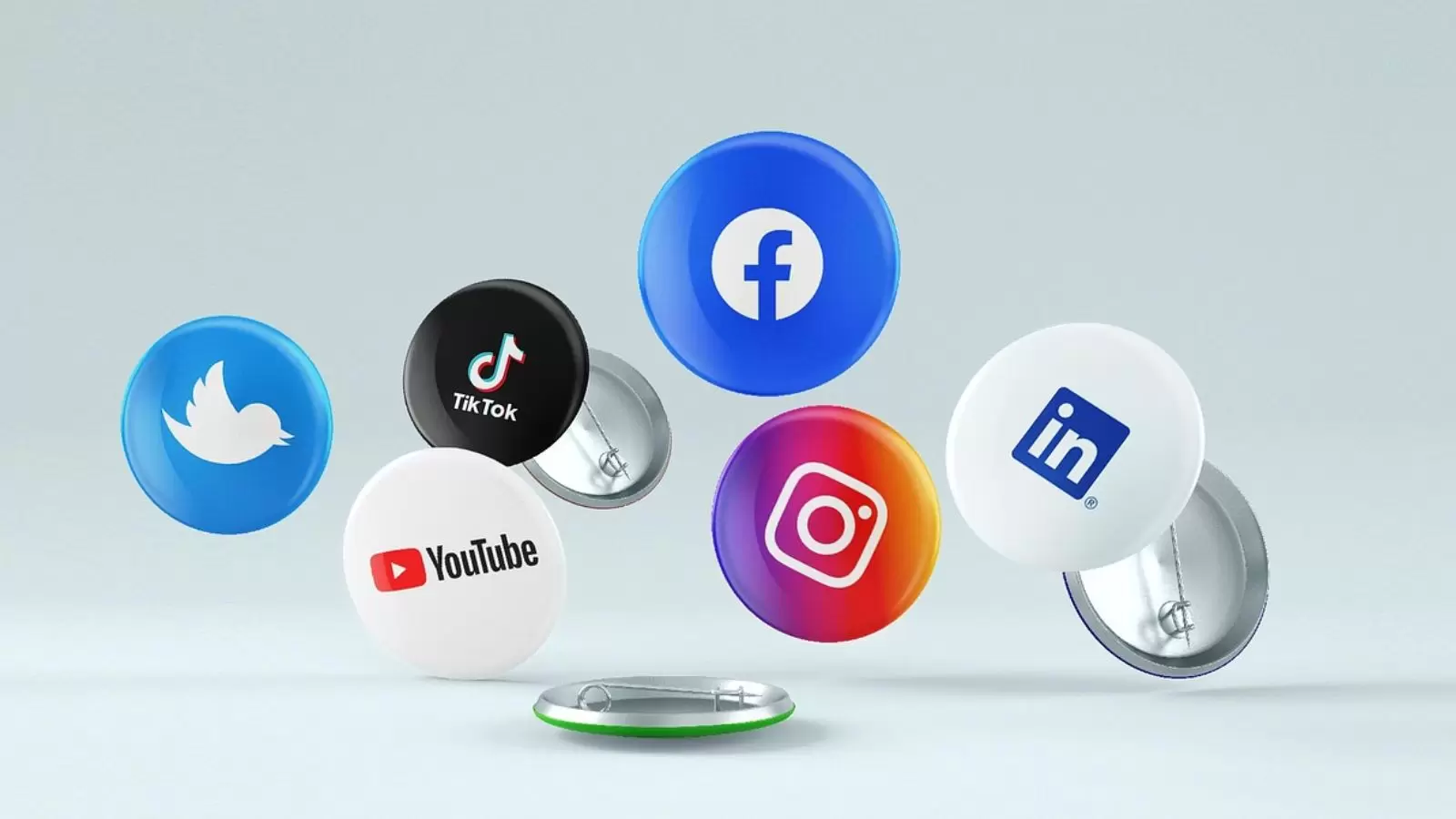DIGITAL LIFE

On September 7th, far-right commentator Charlie Kirk, a Trump administration supporter, was shot dead at a public event in Colorado. The perpetrator, a 20-year-old with a history of participation in radical forums like 4chan and Discord, held even more violent positions than Kirk himself. This incident exposed the political radicalism of the American far-right, while in Brazil, hate speech also reverberated on social media regarding the Supreme Court's conviction of former President Jair Bolsonaro for attempted coup.
To analyze the connections between Brazil, the United States, social media, the far-right, and the important role of big tech in this context, Andrea Dip welcomes researcher David Nemer(in the image next to) to this week's Public Agenda. He is a professor at the University of Virginia and is part of the institution's Latin American Studies Program.
According to the researcher, the far right is feeding on itself, drawing on digital spaces where radicalization has become the norm. "Violence ceases to be a consequence and becomes a prerequisite for belonging," he analyzes. Nemer also warns of the role of digital platforms in this scenario: "Hate generates more engagement. Big Tech profits from this and sees itself as above any state. Today, they use governments like Trump's only as a means to achieve even more power."
Since returning to power, Trump has radicalized his speeches, actions, and relations with the rest of the world. He seems to be seeking geopolitical chaos. And recently, the murder of Charlie Kirk revealed an American far right that strengthens itself with hate speech and by promoting chaos on social media as well. How do you assess this?
-Trump operates through chaos. It's his way of governing and maintaining his political prominence. It's not a miscalculation or mismanagement; it's a strategy. In other words, he's banking on disruption as a way to reposition the United States as the absolute center of the world order, even if it means isolating allies.
The Charlie Kirk case, however, exposes a fissure that was latent. When an ideologue like Charlie Kirk, who has always propagated and voiced racist, misogynistic, and anti-diversity rhetoric, comes to be considered a moderate by even more radical sectors, it's a sign that the far-right is feeding on itself.
These more violent and sectarian groups, born and nurtured in digital spaces like 4chan, Discord, and Telegram, begin to adopt and demand an increasingly extreme position. This creates a spiral in which violence is not a consequence, but rather becomes a prerequisite for belonging to this far-right, these radical groups.
It's a race to the bottom, in the sense that these groups, to gain notoriety and to gain this recognized identity, manifest themselves through this radicalization, this competition for radicalization, so they can occupy this position. They try to be proud of being called the far right, a conservative right, but which, in reality, is an ultra-radical right.
Considering the connection between the far right and Big Tech, do these actors intend to transform politics as we know it, compete for institutional space, or do they prefer to remain merely forces of influence? Where does this movement point?
-Big Tech today is a fundamental part of the ecosystem that nurtures the far right. Platforms like YouTube, Twitter, Instagram, and Facebook have been and continue to be fertile ground where this radicalization spreads, often encouraged by their own algorithms, which amplify hate speech because they generate engagement.
Even when containment measures are in place, they are selective and too late; they don't solve anything. Therefore, these companies have always tried to present themselves as neutral. Today, they no longer present themselves as such, and in practice, they have profited from this infrastructure of hate and disinformation, which helped catapult Trump and the far-right. The Trump administration allows them to do what they do, but they don't see a Trump-style government or the American state as a permanent ally. They see themselves as above any state, above any government, and are in the process of implementing this plan to become supranational. And the only government that will allow this is the Trump administration, because it understands that the Big Tech state will favor this type of ideology, this type of government, to remain in power forever.
The price to be paid is to see Big Tech become even larger and more powerful, to the point where they will no longer submit to the American government or state. They will see themselves as above any state or judicial decision. Today, therefore, Big Tech sees the Trump administration as nothing more than a means to achieve this goal: to consolidate themselves as supranational entities, above any government.
How is Bolsonaro's trial being viewed and received in the United States?
-Bolsonaro's trial has been closely monitored by the US government. This is worth highlighting because, for the average US citizen, Brazil practically doesn't exist on the map. Sad to say, Brazil is on the periphery of American attention and discourse.
The government, however, is concerned; it sees the conviction as a sign that the country is willing to confront its own authoritarian threats. For democratic sectors, it is an example of how institutions can and should react to leaders who threaten the democratic order. This contrasts sharply with the US's paralysis regarding Trump and further weakens his image abroad.
The comparison is inevitable: if Brazil can hold a former far-right president accountable for attacking democracy, why can't the United States, which presents itself as a democratic example to the world, do the same with Trump? This symmetry greatly bothers the former American president.
Trump sees himself in Bolsonaro's fate. He knows he can't be reelected indefinitely and sees punishing Brazilians as a possible future for himself. Therefore, he seeks to delegitimize the case against Bolsonaro, creating the perception that any conviction is unfair. It's the same strategy he uses today: constantly attacking judges, except the Supreme Court, where he has a conservative majority with three of his appointees. Lower court judges, who block his actions, have become frequent targets of his attacks.
Reporter: Mariama Correia(linkedin.com/in/mariamacorreia), Brazil


No comments:
Post a Comment